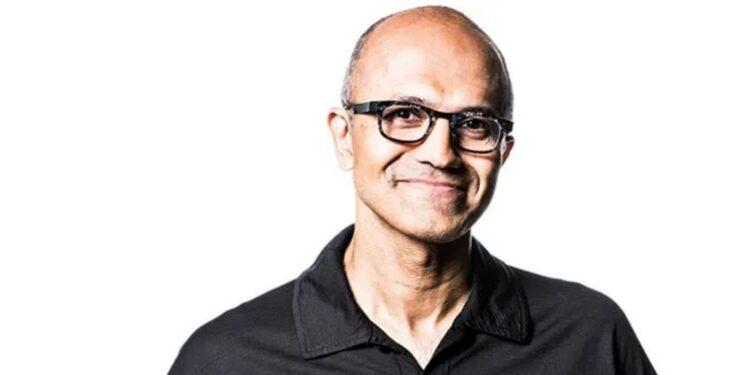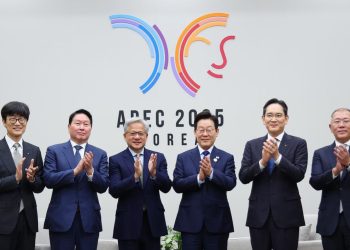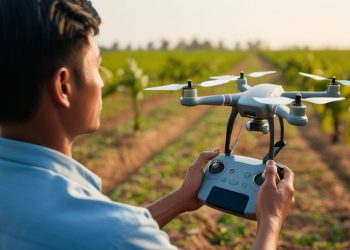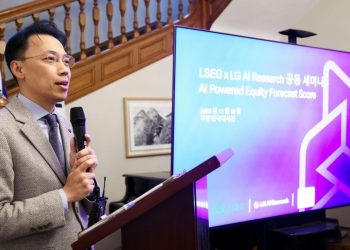Microsoft CEO Satya Nadella is set to visit Seoul in late March to explore potential AI collaborations with major South Korean companies, including KT, POSCO, Hyundai, and Shinhan, according to industry sources. His visit comes amid global disruptions caused by the Chinese AI app DeepSeek, which poses a challenge to dominant generative AI models like OpenAI’s ChatGPT.
This is his first visit to South Korea since 2022, and he is expected to meet with key executives, including KT CEO Kim Young-sup, to discuss AI cooperation opportunities.
The visit will coincide with the “Microsoft AI Tour in Seoul,” scheduled for March 26 at the aT Center in Yangjae. At this event, which will gather tech developers and IT professionals, Nadella will share insights on AI technology and global trends. This marks Nadella’s first trip to South Korea since November 2022.
During his visit, Nadella is set to hold discussions on AI partnerships with key leaders from major Korean firms, including KT CEO Kim Young-sup, POSCO Chairman Chang In-hwa, Hyundai Motor Chairman Chung Euisun, and Shinhan Financial Group Chairman Jin Ok-dong. However, Shinhan’s annual shareholders’ meeting may pose a scheduling conflict for the discussions.
Nadella’s meetings will center on boosting AI collaborations, particularly in the manufacturing, banking, and telecommunications sectors. He is expected to unveil his vision for the future of AI development, focusing on how it can drive innovation and overcome challenges in traditional industries. Nadella is also likely to address the growing competition from China’s DeepSeek, which has shaken up global markets by claiming lower costs for AI model training than major AI players like Microsoft. This disruption has raised concerns about whether companies are overspending on AI infrastructure.
During the visit, one significant area of focus will be the ongoing AI and cloud collaboration between Microsoft and KT, which began with a five-year partnership in September 2023. The two companies are working on a Korea-specific AI model, leveraging Microsoft’s advanced AI technology to develop localized solutions for sectors like law and healthcare. KT’s efforts to incorporate GPT-4o and the “Phi” small AI model into these services will be a key point of discussion, with Nadella likely to review the progress of this collaboration.
In addition to strengthening ties with KT, Nadella’s visit is also expected to include consultations on introducing Microsoft’s AI agent, Copilot, to major Korean companies. Microsoft has been pushing Copilot as a core part of its AI business, and discussions are expected to center on how this tool can be integrated into local enterprises. Last November, Microsoft introduced new features for Copilot at its Ignite 2024 event, and it is anticipated that similar advancements may be announced during Nadella’s visit.
Nadella’s trip could also have broader implications for Microsoft’s growth in South Korea, particularly in the public cloud market. Microsoft recently secured a “Ha” grade Cloud Service Security Certification (CSAP) from the Korea Internet & Security Agency (KISA), allowing the company to enter the domestic public cloud market. As competition intensifies, with rivals like Google and Oracle vying for market share, Nadella’s visit may accelerate Microsoft’s expansion into the Korean public cloud sector.
The visit will also show how Microsoft and KT’s partnership will impact domestic research, development, and workforce training in Korea. With recent visits from major tech leaders like OpenAI’s Sam Altman and Nadella, the industry sees Korea increasingly recognized as a crucial player in the global AI race. This heightened focus underscores Korea’s strategic importance in the growing global AI competition.







